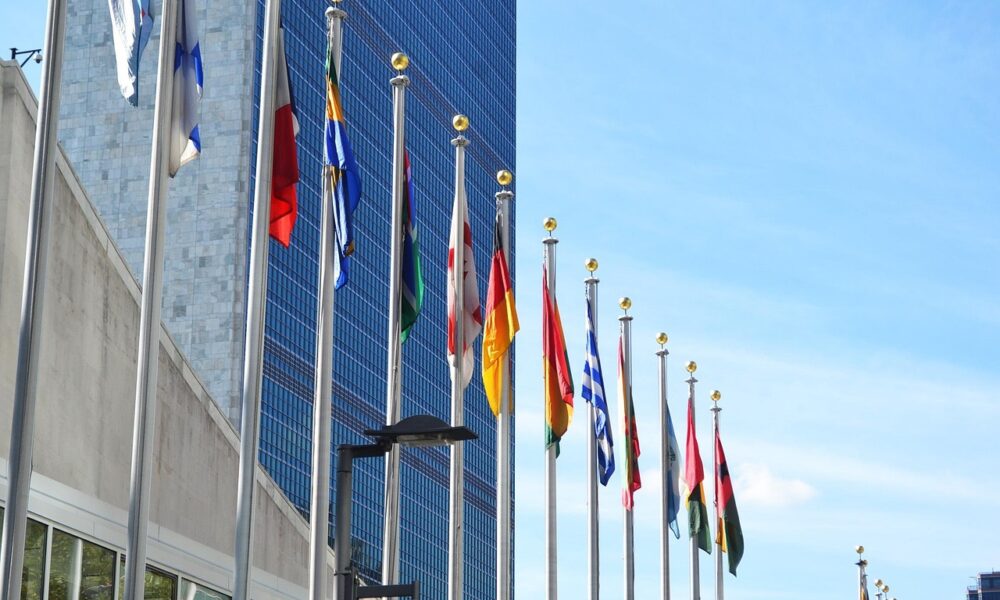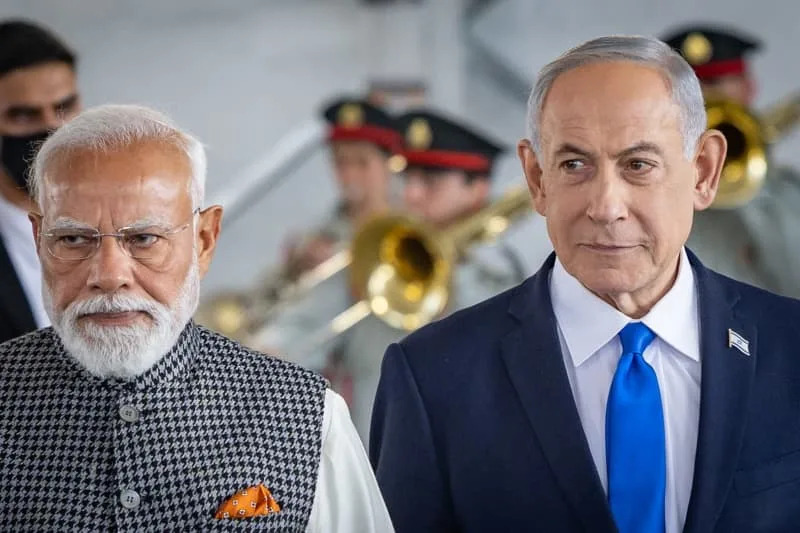The United Nations expert on promoting a democratic and equitable international order, George Katrougalos, has called for significant reforms to the global financial system to ensure it supports human rights. In a report released on October 26, 2023, Katrougalos emphasized that these reforms must be rooted in a human rights-based approach that aligns with principles such as equality, solidarity, and human dignity.
Katrougalos highlighted that the policies established by major international financial institutions, specifically the International Monetary Fund (IMF) and the World Bank, have often been influenced predominantly by high-income nations. This dynamic has led to the interests of developing countries being overlooked. While the IMF and World Bank assert their neutrality, Katrougalos noted that their focus on market liberalization, deregulation, and fiscal discipline has frequently undermined social equity and the safeguarding of human rights.
The report indicates a troubling trend: developing nations are increasingly strained by debt obligations, diverting funds away from essential domestic investments. This situation has intensified disparities between the global North and the global South, exacerbating existing inequalities. Katrougalos pointed out that the governance structures within these financial institutions, which operate on weighted voting systems, disproportionately empower developed countries. Despite comprising less than 10 percent of the world’s population, developed nations control roughly 41 percent of the voting power.
Moreover, Katrougalos criticized both the IMF and the World Bank for neglecting the human rights consequences of their policies. Although these institutions claim that their foundational treaties limit their mandates to economic goals, the expert argued they are still obligated to comply with international human rights laws given their operations within the UN legal framework.
In his concluding statements, Katrougalos urged the IMF and World Bank to realign their operations with UN principles. He called for enhanced cooperation with UN human rights mechanisms and recommended restructuring voting rights to better reflect the needs of developing countries. Additionally, he proposed measures to address the global financial gap, including taxing excess profits from multinational corporations and financial speculators.
The urgency for reform is underscored by the increasing global scrutiny regarding the alignment of the financial system with UN human rights standards. This concern is particularly pressing in light of rising challenges, such as climate change, affecting developing nations. The UN has previously advocated for policymakers to boost adaptation funding and devise strategies that ensure climate finance reaches marginalized communities, as 80 percent of the poorest populations reside in areas highly vulnerable to climate-related disasters.
To assist financial institutions in integrating human rights standards into their operations, the UN Environment Programme Finance Initiative (UNEP FI) has developed a Human Rights Toolkit. This resource aims to guide institutions in their decision-making processes to ensure alignment with international human rights obligations.
The call for reform gained further momentum in July 2024, when a coalition of finance and foreign ministers urged immediate changes to the global financial architecture, advocating for greater inclusion of developing countries to enhance sustainable development financing, particularly in African nations.
As the conversation around global financial reform continues, the alignment of financial practices with human rights standards remains a critical issue for international governance and cooperation.







